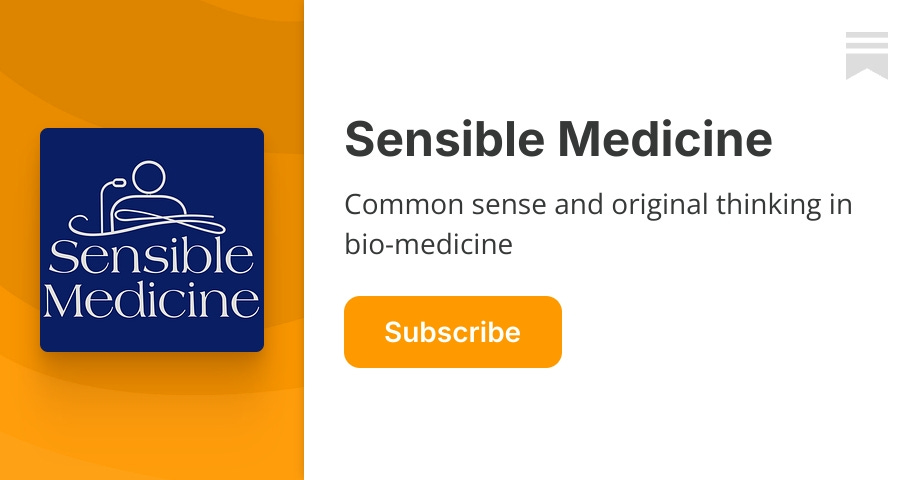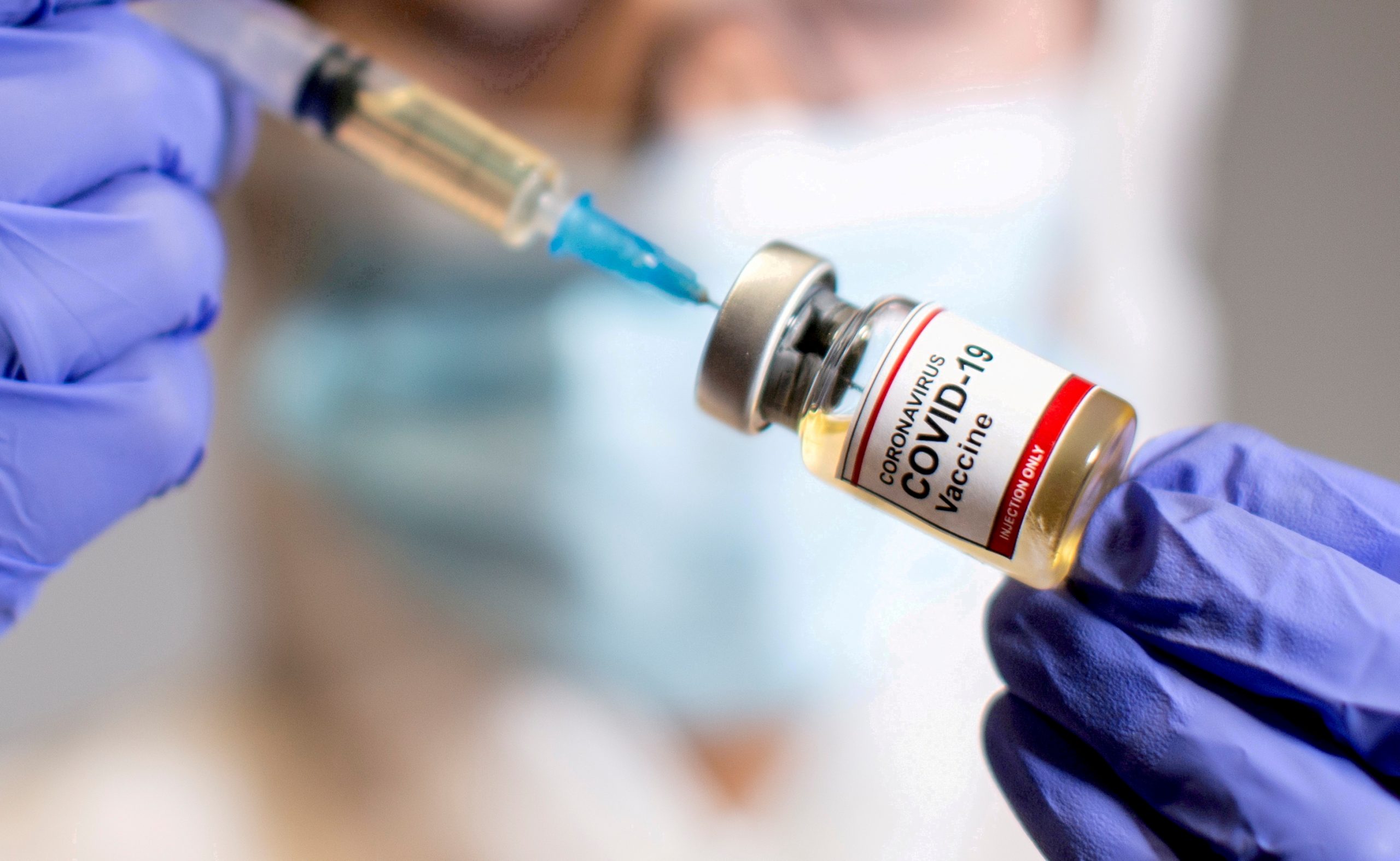and this, also from DoD, is straight out of James Brunner's Stand on Zanzibar (1968) - a dystopian New Wave science fiction novel ...
The Neural Evidence Aggregation Tool (NEAT) program aims to overcome current limitations by developing a new cognitive science tool that identifies people at risk of suicide by using preconscious brain signals rather than asking questions and waiting for consciously filtered responses. By aggregating preconscious brain signals to stimuli, NEAT would determine what a person believes to be true, false, or indeterminate about specific types of knowledge that could be used to detect signs of depression, anxiety, or suicidal ideation earlier and more reliably than ever before. If successful, NEAT will not only significantly augment behavioral health screening, but it could also serve as a new way to assess ultimate treatment efficacy, since patients will often tell their clinicians what they think the clinician wants to hear rather than how they are truly feeling. Ultimately, NEAT intends to augment current behavioral health screening programs by providing clinicians with previously unavailable information to enable earlier interventions and more reliable measures of successful treatment.

 LOL...no.
LOL...no.




